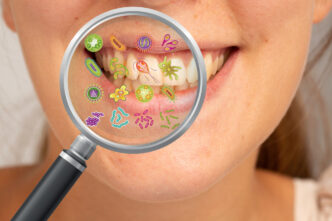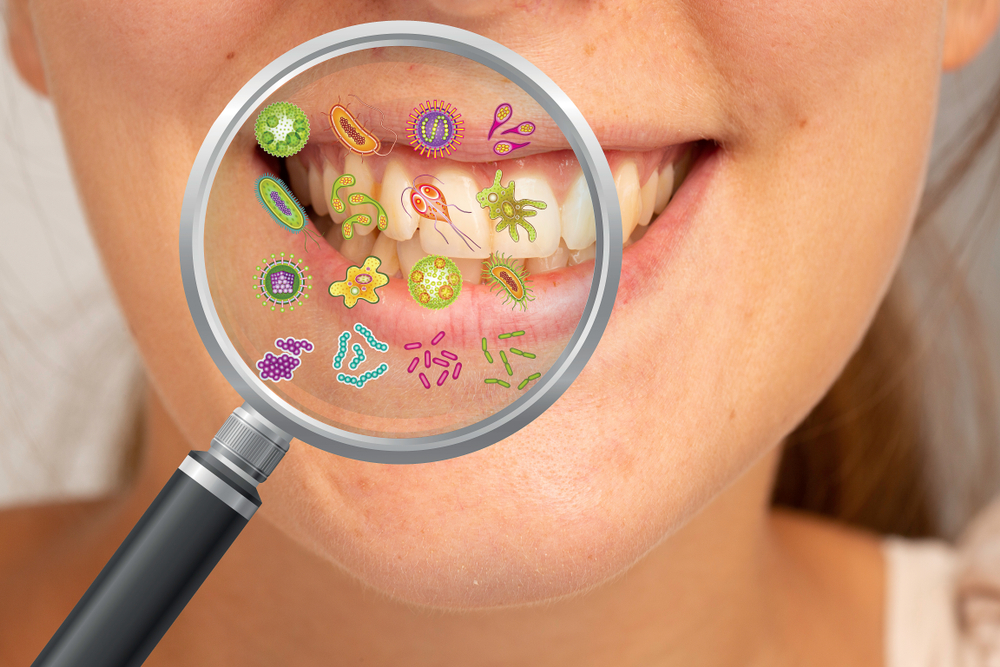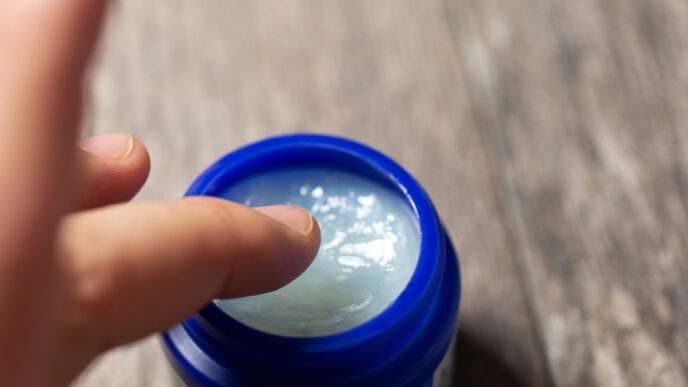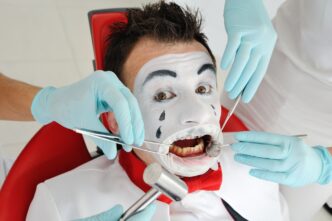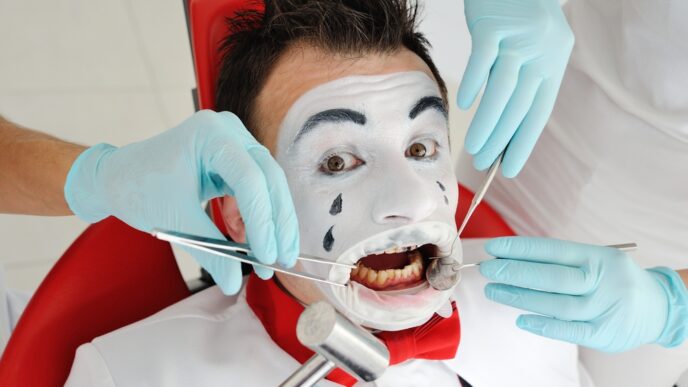When we think about oral health, it’s usually about cavities or toothaches. But did you know the bacteria in your mouth could actually affect your gut? Professor Dr Seow Liang Lin explains how these two are more connected than you’d expect.
WORDS LIM TECK CHOON
 FEATURED EXPERT FEATURED EXPERTPROFESSOR SEOW LIANG LIN Dean of the School of Dentistry IMU University |
For many of us, dental check-ups only happen when something hurts.
However, ignoring your oral health doesn’t just risk cavities and gum disease.
It could also affect your digestion!
THE INTRIGUING CONNECTION BETWEEN YOUR MOUTH AND YOUR GUT
Both your mouth and gut are home to trillions of bacteria — some good, some bad.
Normally, they coexist in a state of balance.
However, Harmful Oral Bacteria Can Find Their Way to Your Gut
“Bacteria from gum disease can enter your bloodstream, survive stomach acids, and disrupt the balance of good gut bacteria,” explains Professor Dr Seow Liang Lin as an example. “This imbalance has been linked to gut conditions like inflammatory bowel disease and Crohn’s disease.”
When these harmful oral bacteria, or the bacteria in your mouth, make their way to the gut, they can:
- Release toxins that cause inflammation in the gut
- Reduce the number of the good bacteria in the gut that help to keep your digestive system healthy
Problems in the Gut Can Also Affect Your Oral Health
Professor Dr Seow shares some examples:
- Gastroesophageal reflux disease (GERD), for instance, can damage tooth enamel.
- Tooth loss is linked to lower levels of certain gut-friendly bacteria like Faecalibacterium, which helps reduce inflammation in the body.
“Your oral health shapes the microbial community along your digestive system,” says Professor Seow. “Even tooth loss can change what you eat, making it harder to chew nutritious foods, leading to poor diet and digestive problems.”
| Want to know more about GERD? Dr Chieng Jin Yu explains more in this article. |
HENCE, REGULAR DENTAL CHECK-UPS ARE IMPORTANT
The key is to pay attention to your risk factors and get regular check-ups before problems start.
- While tooth decay often causes pain, gum disease can sneak up on you silently.
- By the time you notice loose teeth, the damage is often irreversible.
“The usual advice is to see your dentist at least once a year,” says Professor Dr Seow.
However, if you have gum disease, braces, or other dental work that traps plaque, she points out that you might need more frequent visits.
“Having a regular dentist you trust makes a big difference,” advises Professor Dr Seow. “It encourages open conversations about the best ways to care for your oral — and in turn, gut — health.”
| This article is part of our series on health issues and advice related to oral health. |

